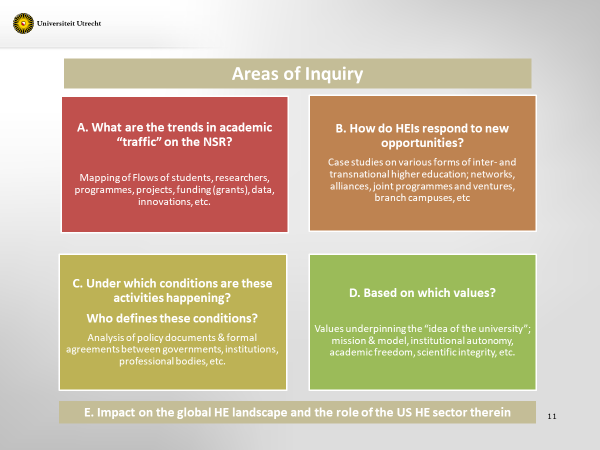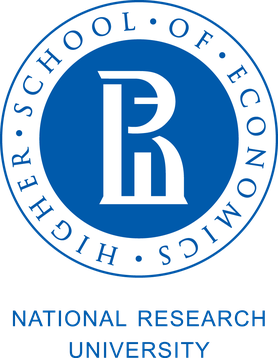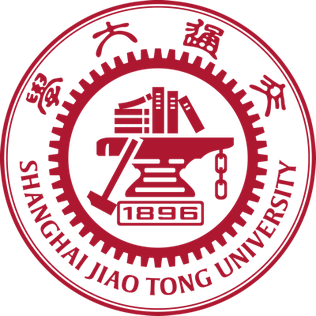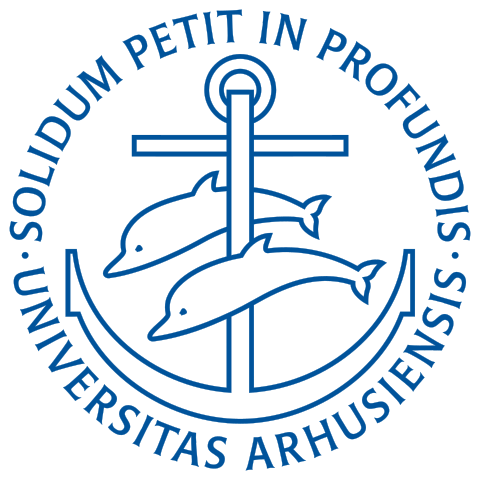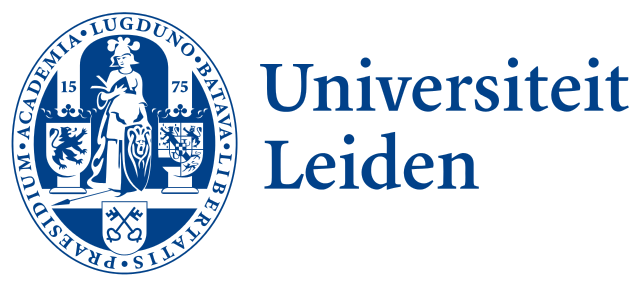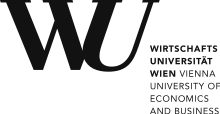Project
International research project on the New Silk Road's implications for higher education and research cooperation between China and Europe
Recent geopolitical events such as Brexit, and the US turning its back on international trade and cooperation, create waves of uncertainty in higher education regarding international cooperation, the free movement of students, academics, scientific knowledge, and ideas. Meanwhile China stands to gain as its universities advance in global visibility.
The growing uncertainties in the West may make China only more successful in its aim to attract talent (back) and to enhance its impact on the global higher education landscape.
Its New Silk Road (or One Belt One Road) project could potentially span and integrate major parts of the world across the Euro-Asian continents. But likely on new and different conditions, also for higher education.
The project aims to explore the possible implications of the New Silk Road for higher education and research cooperation between China and Europe, by taking an interdisciplinary approach in collaboration with international partners.
Contributions from various partners will be guided by a framework consisting of the following broad areas of inquiry:
- What types of academic flows and activities emerge along the NSR?
- How do universities respond; what are their rationales and what type of activities do they undertake?
- Under which conditions are activities taking place, who defines these?
- Based on what values regarding the mission of the university in society, do we actually understand these values at all?
- What will be the impact of these developments on the global higher education landscape, and more in particular on the dominant role of the US Higher Education sector in it?
The project is carried out by an international consortium coordinated by Utrecht University’s Centre for Global Challenges (UGlobe).
Site Notice & Privacy Policy
